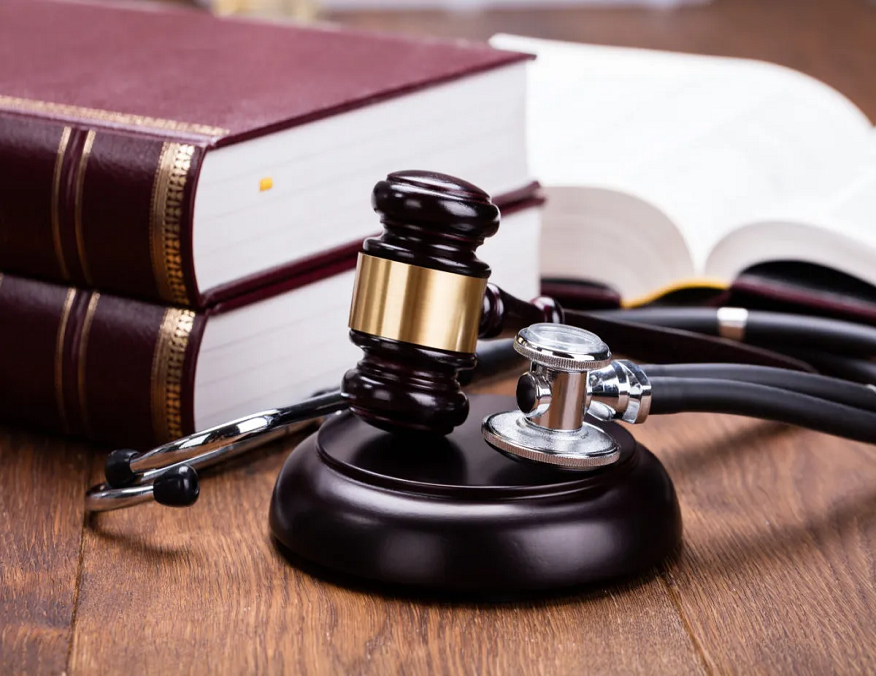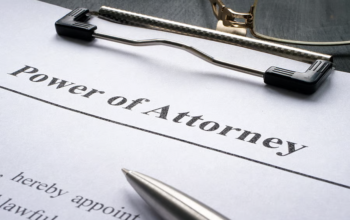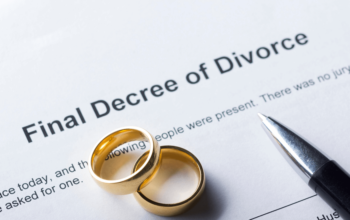Vaccines are an essential part of modern medicine, helping to prevent the spread of infectious diseases and protect public health. However, like any medical treatment, vaccines can sometimes have side effects, including rare but serious injuries. If you or a loved one has experienced a vaccine injury, it can be a challenging and overwhelming experience. Fortunately, there are legal options available to help you seek compensation for your injuries. It is important to hire an experienced vaccine lawyer for any legal action. This guide will discuss the dos and don’ts of vaccine injury claims from a lawyer’s perspective.
The Vaccine Court Process
Here is an overview of the vaccine court process:
- Filing a Claim: To begin the process, the petitioner must file a claim with the NVICP. The claim must include information about the petitioner, the vaccine that caused the injury, and the injury itself.
- Review by the Department of Health and Human Services (HHS): Once a claim is filed, the Department of Health and Human Services (HHS) reviews the claim and determines if it meets the program’s eligibility requirements.
- Evaluation by the Vaccine Court: If the claim is deemed eligible, it is evaluated by the vaccine court. The vaccine court is made up of special masters who are appointed by the Court of Federal Claims to hear vaccine injury cases.
- The burden of Proof: As mentioned earlier, the petitioner has the burden of proof in a vaccine injury claim. The petitioner must provide evidence to show that the vaccine caused the injury.
- Decision: After considering the evidence presented, the special master will make a decision on the claim. If the special master finds that the petitioner has met the burden of proof, compensation will be awarded. If not, the claim will be denied.
- Appeals: Either party may appeal the special master’s decision to the Court of Federal Claims. Appeals may also be made to the U.S. Court of Appeals for the Federal Circuit and the U.S. Supreme Court.
Dos of Vaccine Injury Claims
Seek medical attention immediately after a vaccine injury occurs:
The first and foremost step in a vaccine injury claim is to seek medical attention immediately. A medical professional can diagnose your injuries and start treatment. Documenting all medical treatments and expenses related to the injury, including doctor visits, hospitalizations, and rehabilitation, is essential.
Document all medical treatments and related expenses:
Keeping track of all medical expenses incurred due to the vaccine injury is crucial. The documentation of medical treatments and expenses can be used as evidence in the legal process. Make sure to keep copies of medical bills, receipts, and any other documents related to your treatment.
Consult with a qualified vaccine injury lawyer as soon as possible:
A qualified vaccine injury lawyer can evaluate your case and guide you through the legal process. They can help you understand your rights and options and help you file a compensation claim. Early consultation with a lawyer can help build a stronger case and increase your chances of success.
Understand the legal process and what to expect from it:
Understanding the legal process and what to expect from it is crucial, including timelines, requirements, and potential outcomes. A vaccine injury lawyer can explain the legal process and answer any questions you may have.
Be honest and transparent with your lawyer throughout the process:
Honesty and transparency are essential in a vaccine injury claim. It is vital to provide all necessary information to your lawyer, including your medical history, previous injuries, and any other relevant details. Your lawyer needs to know all the facts to build a strong case.
Don’ts of Vaccine Injury Claims
Don’t wait too long to seek legal representation:
There may be time limitations for filing a vaccine injury claim. It is important not to wait too long to seek legal representation. A qualified vaccine injury lawyer can advise you on the time limits and help you file your claim within the required timeframe.
Don’t file a claim without the assistance of a qualified vaccine injury lawyer:
The legal process can be complex and challenging to navigate alone. It is important to seek the assistance of a qualified vaccine injury lawyer with experience handling these cases.
Avoid discussing the case with others outside of the legal team:
It is crucial not to discuss the case with anyone outside the legal team. This includes family, friends, and even social media. Any discussion of the case outside of the legal team can potentially harm the case.
Don’t exaggerate or fabricate symptoms or injuries:
Exaggerating or fabricating symptoms or injuries can undermine the credibility of your case. It is essential, to be honest about your injuries and provide accurate information to your lawyer.
Don’t fail to disclose important medical or legal information to your lawyer:
It is important to provide your lawyer with all necessary medical and legal information. Failing to disclose important information can harm your case and undermine your credibility.
Wrapping Up
In conclusion, pursuing a vaccine injury claim can be daunting, but knowing the dos and don’ts can help you navigate it with greater ease and success. Remember to seek medical attention immediately, document all medical treatments and expenses, and consult with a qualified vaccine injury lawyer as soon as possible. Be honest and transparent with your lawyer throughout the process, and avoid discussing the case with anyone outside of the legal team. Don’t exaggerate or fabricate symptoms or injuries; disclose all important medical and legal information to your lawyer.
If you or a loved one has experienced a vaccine injury, Vaccine Law can help. Our experienced vaccine lawyer will fight for your rights and help you seek the compensation you deserve.




